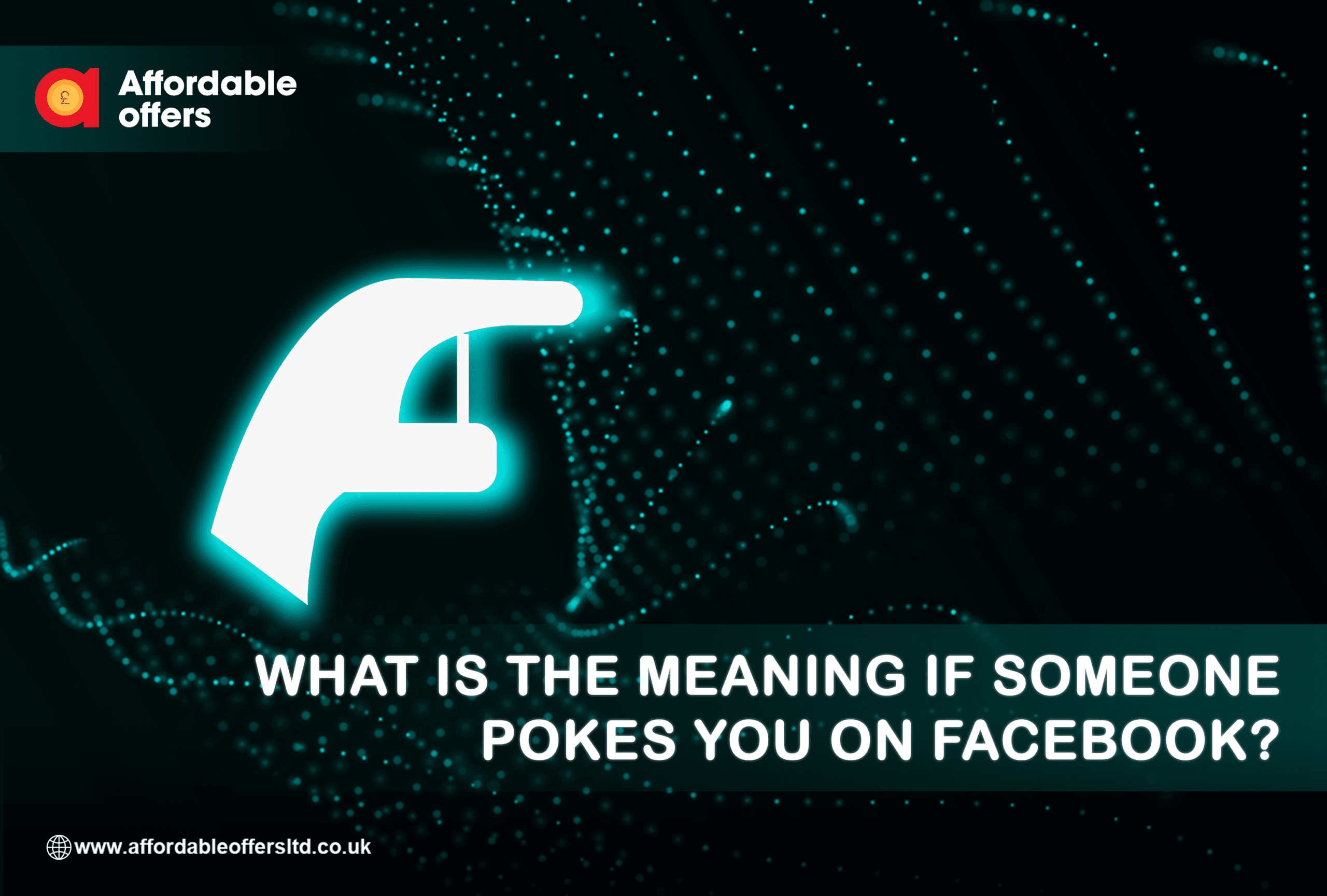
What is the Poke dex?
The Poke is an British satire web site. It was started in 2002 as an online fanzine circulated at the annual Edinburgh Festival and other independent music shops. The site is noted for creating comedic videos, often Auto-Tune edits of current events, which have been used by many media outlets including the BBC.
What is the meaning if someone pokes you on Facebook?
Well, if you poke somebody on Facebook, you are inviting them to “poke” you back. A poke is an informal way of getting a person’s attention by posting something like a commercial or marketing item on the wall. For example, if somebody has marked that they liked a particular song, you can “poke” them and tell them that the song is one of their favorites.
This will likely get the person’s attention because it isn’t just random spamming the wall, but you’ve inserted a commercial into the chat. If the poke is successful, then the person will most likely click the link in your message and go to the source web page to find the advertisement.
What is the origin of the poke?
The origin of the poke is unclear. One theory is that the meaning is related to the original Japanese term, “Kikoro”, which translates to “friend”. According to this theory, the poke is used to ask someone to connect with you on a more personal level, perhaps friendship or even romance. The “friend” in this case could be a former romantic partner or just a good friend from high school who you haven’t seen in a long time, and now find missing. This has the potential to go far beyond the Internet or Facebook, however, because the “friend” could be anyone, anywhere.
In other cases, the poke is used to promote something, be it an affiliate link, an advertisement for an event (like the Super Bowl, for example), or an advertisement for a product. In this instance, the person has already become familiar with the advertisement, so when he or she sees the poke, it makes the advertisement more familiar and recognizable. Some advertisers have even gone so far as to register the domain names of their products for the sake of having the URL start with a “P” instead of a “G”, as in “superbum”. However, this is still not clear on whether or not the term “poke” actually refers to anything.

Many times, the reason someone clicks the link to the poke site, is simply because they aren’t looking for anything at all. For example, a search for “drama queens” yields only a lot of results, which is odd since people in real life would probably search for this term.
There is no particular pattern to the poking, and if the link a person clicks leads to some content that isn’t particularly disturbing, it isn’t that big of a deal. However, the Internet is a highly competitive place, and there are hundreds (or even thousands) of websites that are devoted to poke fun at those who are known for being controversial. So it isn’t necessarily the Internet user’s fault if they click the link and find nothing but creepypasta, if the reader is just searching for some information about the person who created the poke.
Another problem with the poke as an Internet advertising tool comes from the fact that it can be very difficult to ascertain the purpose of the poke. For example, if the advertisement is for a dating simulation site, does the “poker face” look like a person who is trying to make a sexual advance or is it just the face itself that conveys an underlying message? What it is supposed to be is an advertising tool for the simulation game, but the end result is that people click on the advertisement in hopes of finding out more information about the service or product being advertised, rather than clicking on the link to the website itself.
It seems to be entirely possible for online dating services to get accused of “poking” at people in order to sell them services or products. In fact, this type of behavior has been the subject of much criticism and debate over the past several years. Whether or not it actually constitutes a violation of the anti-spam laws that are in place is something that cannot be determined by looking only at the laws that have been passed in the United States. While the general concept is against spamming, the question as to whether or not it still exists within the confines of the Internet is something that the courts have yet to decide.
If you are wondering whether or not the poke is considered a form of spamming, the answer is yes. One thing you may want to consider though is the fact that you can find other uses for the poke. For example, the advertisement could be in the form of a “tip jar”, which is a great way for you to receive money without actually asking for it. On the Internet there is no need to provide your email address in order to receive money. And, the meaning behind the poke is just as important as the application itself.
